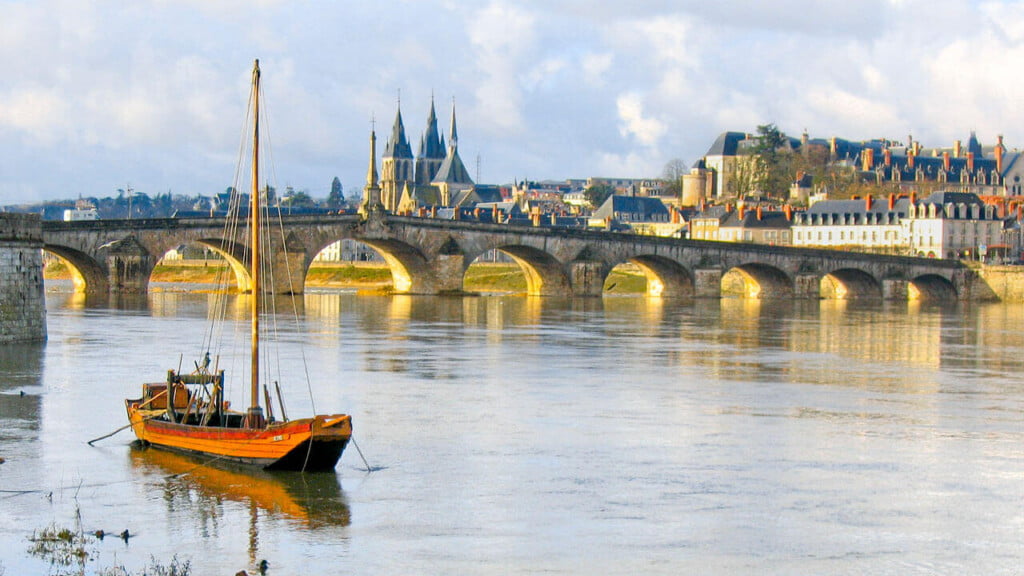When OrchLab visited St Cecilia’s and Garwood Foundation in early 2020, we used Mahler’s Symphony No.5 as our project inspiration. This Listening Guide gives some background information about Gustav Mahler and his fifth symphony, and takes you through the beautiful Adagietto movement. Gustav Mahler Gustav Mahler was an Austro-German composer who lived between 1860–1911. He
Find out more…
How well do you know the instruments of the orchestra? Our OrchLab instrument bingo pack includes printable bingo cards with pictures of orchestral instruments, lists of bingo calls, and to really challenge your group, a list of instrument clues rather than names, for players to guess the instrument and then cross off their cards.
Find out more…
When we visited Athol House in July 2019, we used a piece of music by French composer Joseph Canteloube (1879-1957), called Songs of the Auvergne, as our project inspiration. Joseph Canteloube was born in the Auvergne region of France, and his most famous pieces are the Songs of the Auvergne, which he wrote over seven
Find out more…
Each key plays a different sound. The bigger the key, the longer the sound. Try playing different keys together to layer up the sounds in a way you like Tap each key to start the sound. Tap it again to stop the sound.
Find out more…
Explore the instruments of the London Philharmonic Orchestra. Select an instrument shaded dark grey, and watch videos of LPO players introducing their instruments.
Find out more…
In 2019, the London Philharmonic Orchestra performed and recorded Gustav Mahler’s Symphony No.5, a huge piece for orchestra, which the composer wrote in 1901-2. You can find out more about Mahler’s Fifth Symphony (and in particular its famous Adagietto) in our Listening Guide. This ‘Play along’ activity features a waltz tune from the third movement
Find out more…
When we visited Athol House in July 2019, we used a piece of music by French composer Joseph Canteloube (1879-1957), called Songs of the Auvergne, as our project inspiration. Joseph Canteloube was born in the Auvergne region of France, and his most famous pieces are the Songs of the Auvergne, which he wrote over seven
Find out more…






